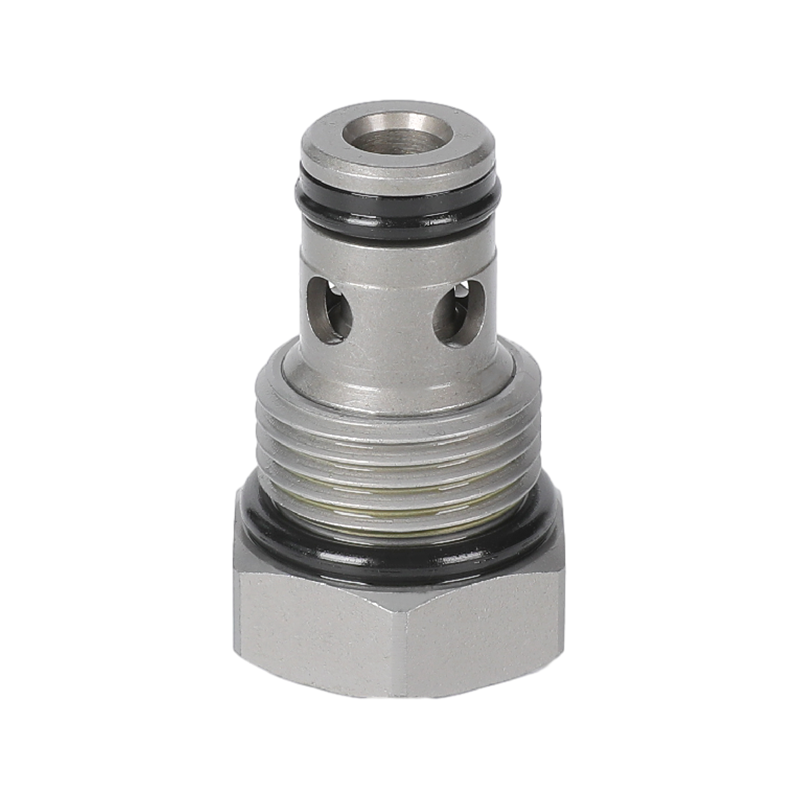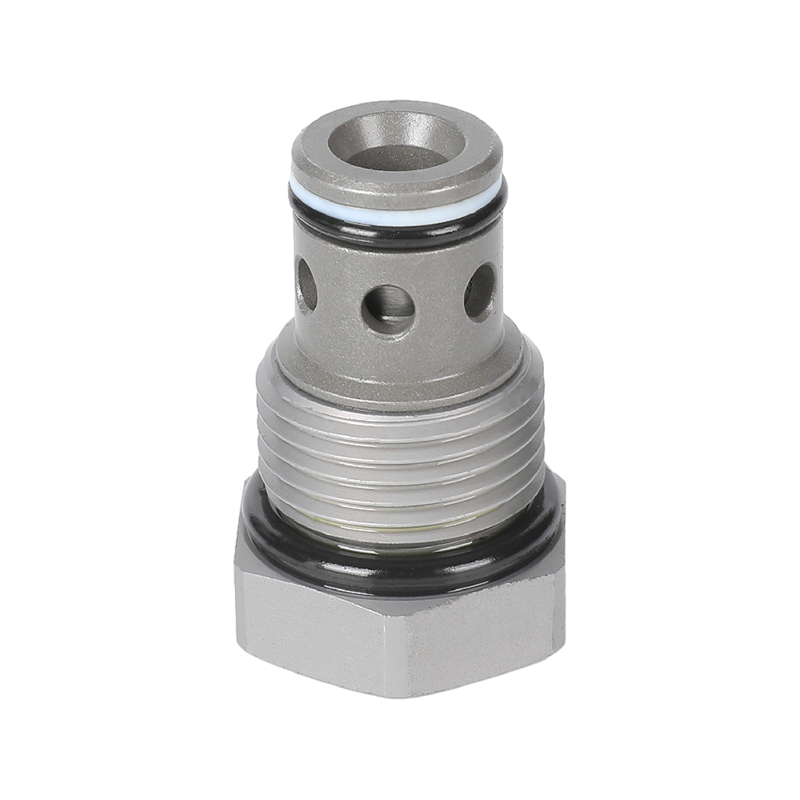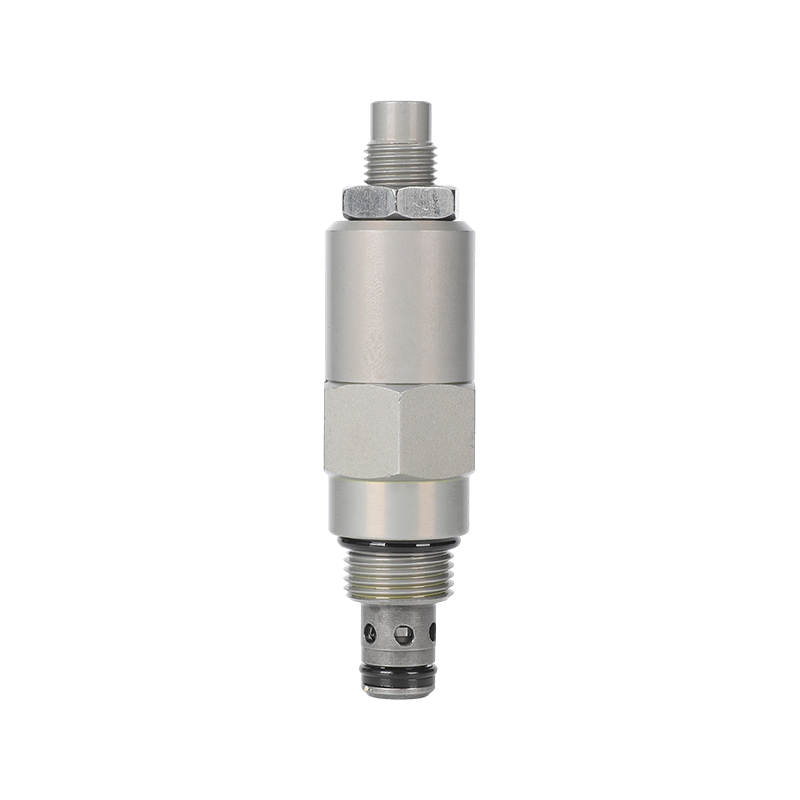In the modern industrial production process, fluid control systems play a vital role, and flow control valves (Flow Control Valve), as an indispensable core component in the control system, are increasingly being used in various production lines to achieve precise management of fluids and process optimization. By reasonably selecting and configuring flow control valves, companies can significantly improve their production efficiency, resource utilization and product quality levels at multiple levels.
One of the biggest advantages of flow control valves is their ability to accurately adjust fluid flow. In many industrial applications, such as chemical reactions, paint ratios, food formulations, cooling systems, etc., the process requires that the delivery speed and flow of the fluid must be kept within a very stable and controllable range. Through the flow control valve, the flow size can be adjusted in real time so that the system can maintain the best working conditions at different production stages, thereby avoiding the problem of unstable product quality or reduced production efficiency caused by flow fluctuations. Stable flow not only improves product consistency, but also effectively reduces the occurrence of defective products, optimizing the entire production process from the source.
Flow control valves also perform well in energy saving and consumption reduction. Many industrial systems have the problem of redundant pump or compressor power. If there is no appropriate flow regulation mechanism, the equipment will often run under unnecessary high load, resulting in energy waste. The flow control valve can automatically adjust the output according to the actual needs of the system, so that the entire system can operate in a more energy-saving way, significantly reducing the operating cost. This is particularly practical for industries with high energy consumption (such as metallurgy, electricity, petrochemicals, etc.).
With the development of industrial automation and intelligent manufacturing, most modern flow control valves can be seamlessly connected with automatic control systems such as PLC and DCS, support electric, pneumatic and servo control, and have remote monitoring and automatic adjustment capabilities. The addition of this function enables enterprises to achieve unattended or less human intervention in automated operations, greatly improving the system response speed and control accuracy, effectively reducing human errors, and further improving production efficiency. In response to the growing demand for multi-batch, small-batch, and customized production today, the automatic adjustment capability of the flow control valve also provides important support for flexible production.
Flow control valves also play an important role in protecting equipment. Water hammer, pressure fluctuations and other phenomena are often caused by starting or shutting down equipment in industrial pipelines, which are prone to wear and even damage to equipment in the long run. Through the reasonable setting of flow control valves, a smooth transition of internal pressure in the system can be achieved to avoid sudden shocks, thereby extending the service life of pumps, pipes and other key components, reducing the frequency of equipment maintenance and reducing maintenance costs.
Flow control valves also show significant advantages in resource utilization. For example, in the food, chemical or pharmaceutical industries, the cost of raw materials is high and the formulation accuracy requirements are strict. If the flow of raw materials cannot be accurately controlled, it is very easy to cause waste and even affect product compliance. With the help of high-precision flow control valves, not only can the materials be fed strictly according to the set ratio to improve the utilization rate of raw materials, but also it can effectively support quality traceability and process verification to meet increasingly stringent industry standards and customer requirements.

 English
English русский
русский
 ++86-0575-87669088
++86-0575-87669088


